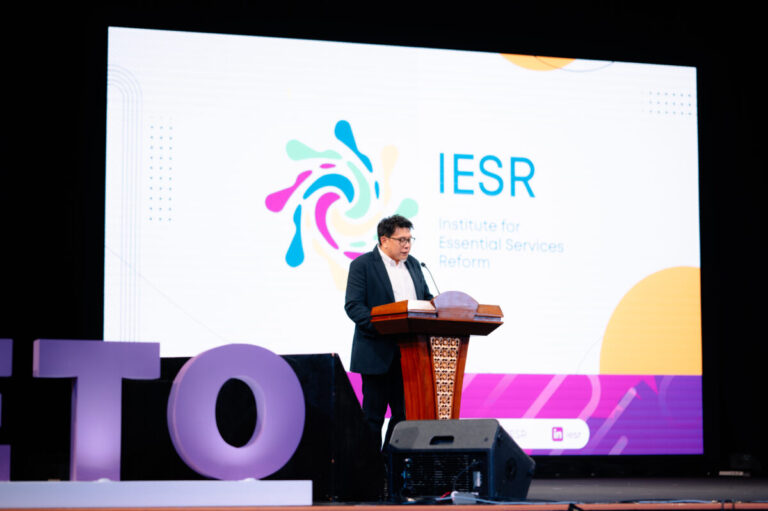Indonesia’s new renewable energy law will include legislation allowing ‘power wheeling’, which would allow private companies to sell electricity directly to end users through networks owned by the state-owned electricity company.
Indonesia’s government said it will introduce legislation to allow for power changes in its new energy and renewable energy law.
Power wheeling will allow private companies to sell electricity directly to end users through the transmission and distribution networks owned by Indonesia’s state-owned electricity company, PLN.
The Jakarta-based Institute for Essential Services Reform (IESR), which had called for power wheeling to be included in the bill, says the move will accelerate the development and adoption of renewable energy in Indonesia.
The institute also noted other benefits, including improving electricity supply reliability and operational cost efficiency, as well as promoting electricity network expansion and cooperation between business sectors. Furthermore, it enables broader adoption of renewable energy technologies to support Indonesia’s industrial and transportation sectors in decarbonizing the economy, while easing the burden of PLN by reducing the need to purchase electricity from developers.
Fabby Tumiwa, executive director of IESR, said power wheeling has been regulated in the Electricity Act in the past but has not been implemented. He said power wheeling is essential given the current structure of Indonesia’s electricity market.
“In this case, PLN, as the holder of an integrated business area, has the right to build and operate the transmission system, while other business actors do not,” Tumiwa said. “Therefore, the electricity network must be accessible to other parties to distribute electricity from the generator to the user, generating revenue for PLN through network rental rates.”
Tumiwa said the regulation of power wheeling must also be strictly implemented to maintain reliability and security of supply for consumers.
“For this reason, the government must develop clear guidelines for calculating wheeling charges so as not to harm network owners and system operators,” he said.
The IESR said it hopes the move will help Indonesia meet its renewable energy mix targets and become carbon neutral by 2060 or sooner.
This content is copyrighted and may not be reused. If you would like to collaborate with us and reuse some of our content, please contact: editors@pv-magazine.com.


